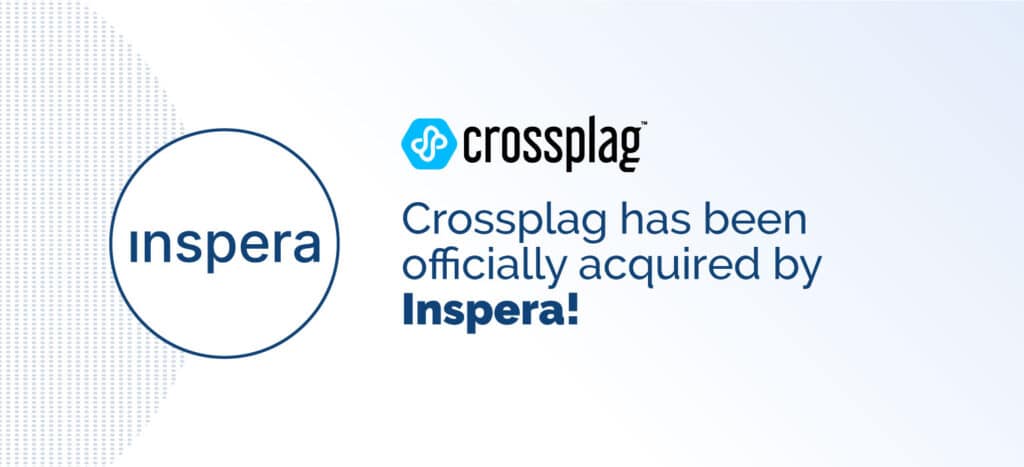Crossplag has been officially acquired by Inspera!

[26.07.2023] – Inspera, a leading global provider of digital assessment solutions, has taken a significant step towards enhancing its offerings with the acquisition of the Albanian plagiarism detection platform, Crossplay. The acquisition was confirmed on social media. “By incorporating Crossplag’s expertise and technology, Inspera aims to further improve its solutions, empowering educators and academic institutions […]
